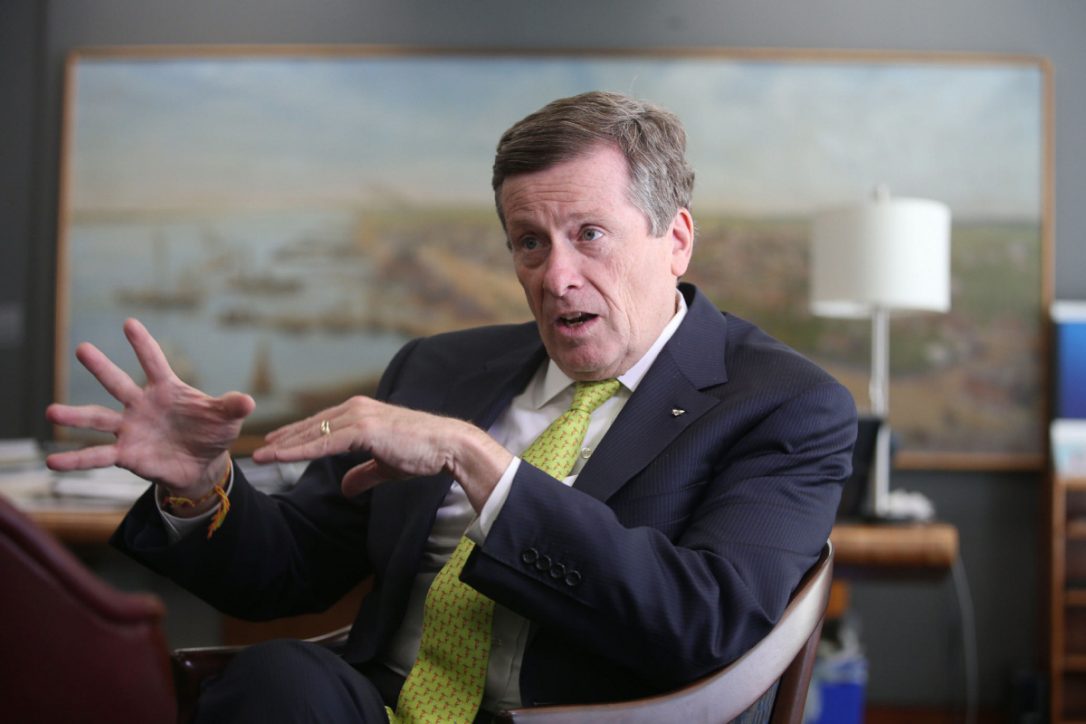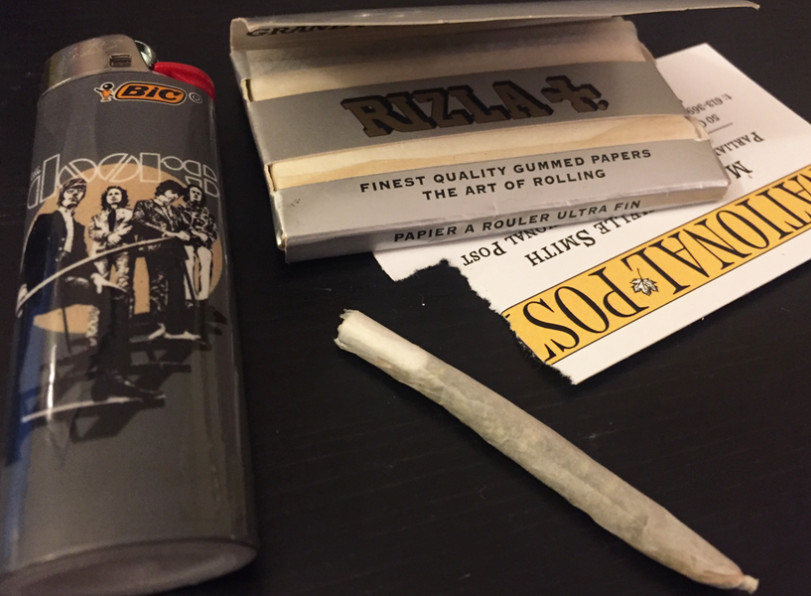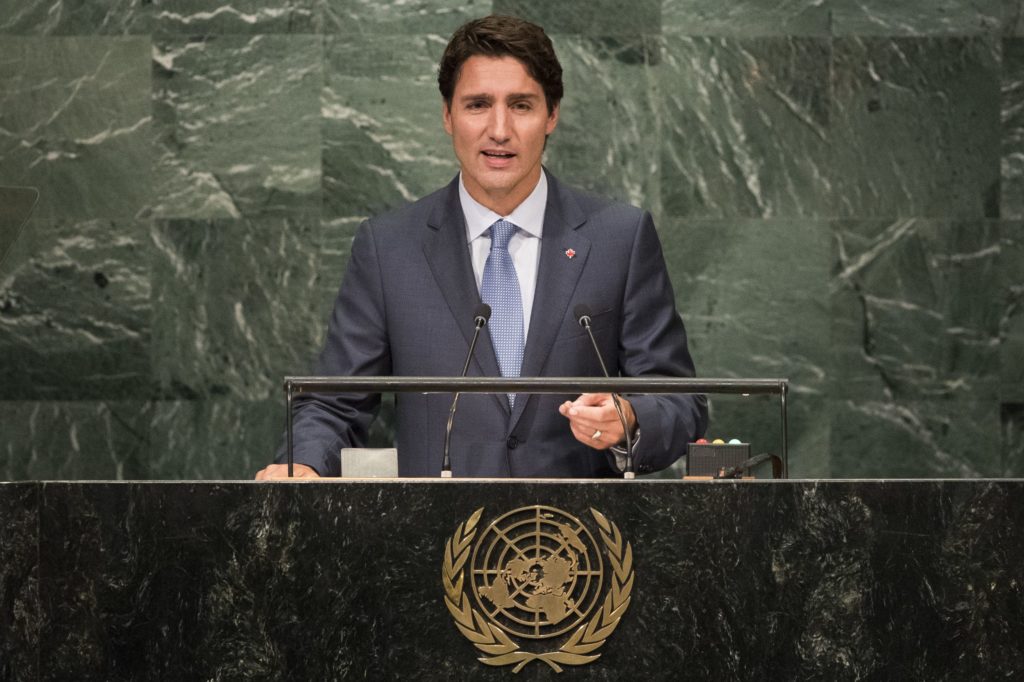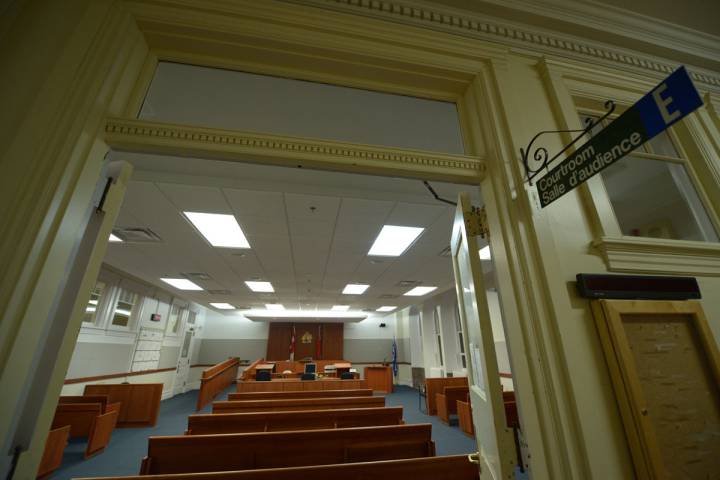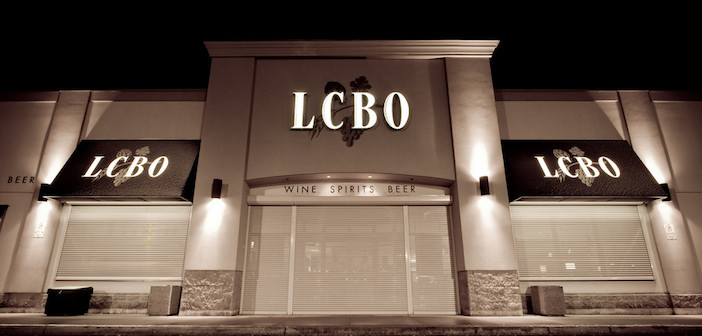
The province’s new marijuana monopoly will be known as the Ontario Cannabis Retail Corporation.
Attorney General Yasir Naqvi launched the OCRC — a subsidiary of the Liquor Control Board of Ontario — in sweeping legislation Wednesday at Queen’s Park .
hat takes effect when Ottawa legalizes recreational weed next July 1.
“That is the legal name of that company. There will be branding that we’ll do … a visual logo, etc. that we will announce in the future,” said Naqvi, noting OCRC-run retail shops will sell bongs, rolling papers, and other paraphernalia.
“It will be most likely called something else other than Ontario Cannabis Retail Corporation,” he said of the standalone shops, the first 40 of which will open next summer, jumping to 150 province wide in 2020.
Edible marijuana products will not be sold until the federal government begins regulating them, which could be years away.
The OCRC will also control all online sales and the government’s legislation imposes measures to permanently shut down illegal “dispensaries” now operating, include forced closures as soon as charges have been laid.
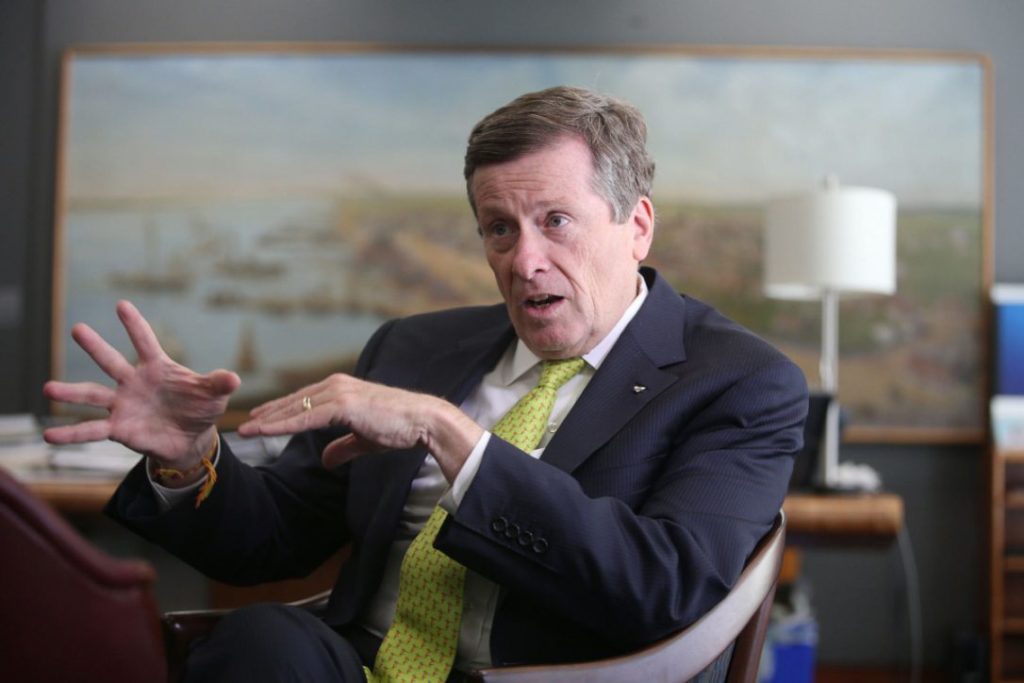
credit:Toronto Star
While police have raided the storefront shops across Ontario, they often reopen while their cases are going through the courts.
“These pot stores that we see in our neighbourhoods today are illegal. They will remain illegal — only the Ontario Cannabis Retail Corporation could sell cannabis for recreational purposes,” said Naqvi.
To corner the market for the government, the Cannabis Act would stiffen penalties for individuals or corporations convicted of illegally selling or distributing marijuana and for landlords who rent their properties to them.
These penalties include fines of up to $1 million for a corporation and $100,000 for individual scofflaws plus jail sentences of up to two years less a day.
Only those 19 and over can buy, consume, or grow cannabis and it can only be consumed in private homes. Its use will be prohibited in all public places, workplaces, or in cars, trucks, and boats.
Up to four cannabis plants can be grown in private homes for personal use.
Naqvi said the legislation, which should pass before MPPs break for Christmas, would toughen penalties for motorists who drive stoned with increased fines and jail time.
The new law will “clarify” the rules and give municipalities the tools to finally shut down illegalmarijuana shops, says Toronto Mayor John Tory.
Tory welcomed the province’s bill, which should clear the haze that has allowed the storefront “dispensaries” to operate because of ambiguity swirling around the federal legalization of recreational weed.
“Make no mistake, this is all about the rule of law,” the mayor told reporters after a meeting with Premier Kathleen Wynne.
“These shops, to the best of my knowledge, are illegal, have always been illegal, will continue to be illegal, and are not contemplated as being part of the regime going forward,” he said.
“It isn’t kind of a Wild West environment, where people can just go out and set up any kind of a shop they want. I don’t think anybody really supports that, except, perhaps, the people that are operating the shops.”
Wynne said Naqvi’s legislation is “a plan for a safe, responsible distribution of cannabis.
She noted local communities have a say in where the LCBO-run stores open.
“We will work with municipalities to make sure that they are in places that are appropriate, just as LCBO stores are in places that are appropriate,” the premier said.
“There needs to be a regulation of cannabis and . . . . We have a history in this province of regulation of alcohol and I think that doing this in a safe, responsible way means that we put some parameters around the distribution of this substance,” she said.
“It’s about safety for young people and anyone who is going to be using marijuana, and it’s also about tackling the underground market.”
But Wynne emphasized the provincial treasury is not expecting a huge cash windfall from legalized recreational weed sales – even though the black market is believed to be worth $7 billion annually nationwide.
“This, actually, isn’t about money from my perspective. This is about making sure that a substance that needs to be regulated is regulated in a safe and responsible way. And that’s exactly the approach we are taking.”
Tory agreed the cash bonanza “is grossly exaggerated,” because the prices will be kept low in order to put criminal dealers out of business.
“But I am not assuming that this is going to be some big opportunity for people to make money,” the mayor said.
“In fact, I’d be more worried at this stage of the game, when we are trying to be so careful, if there were people who were really motivated to make a lot of money, because that might call into question the ultimate objective, which is to keep kids and families and neighbourhoods and retail strips safe and stable.”
credit:420intel.com

